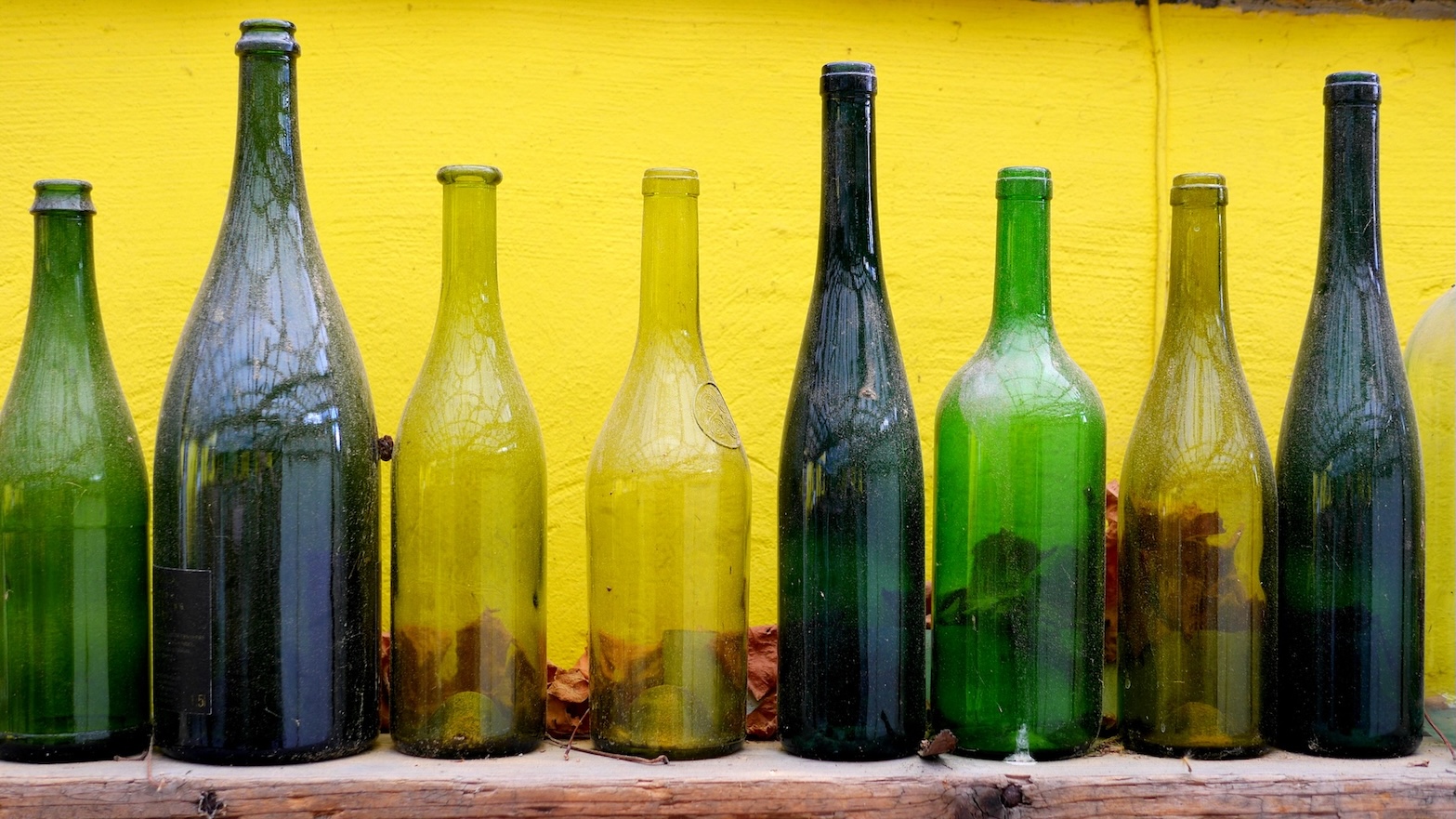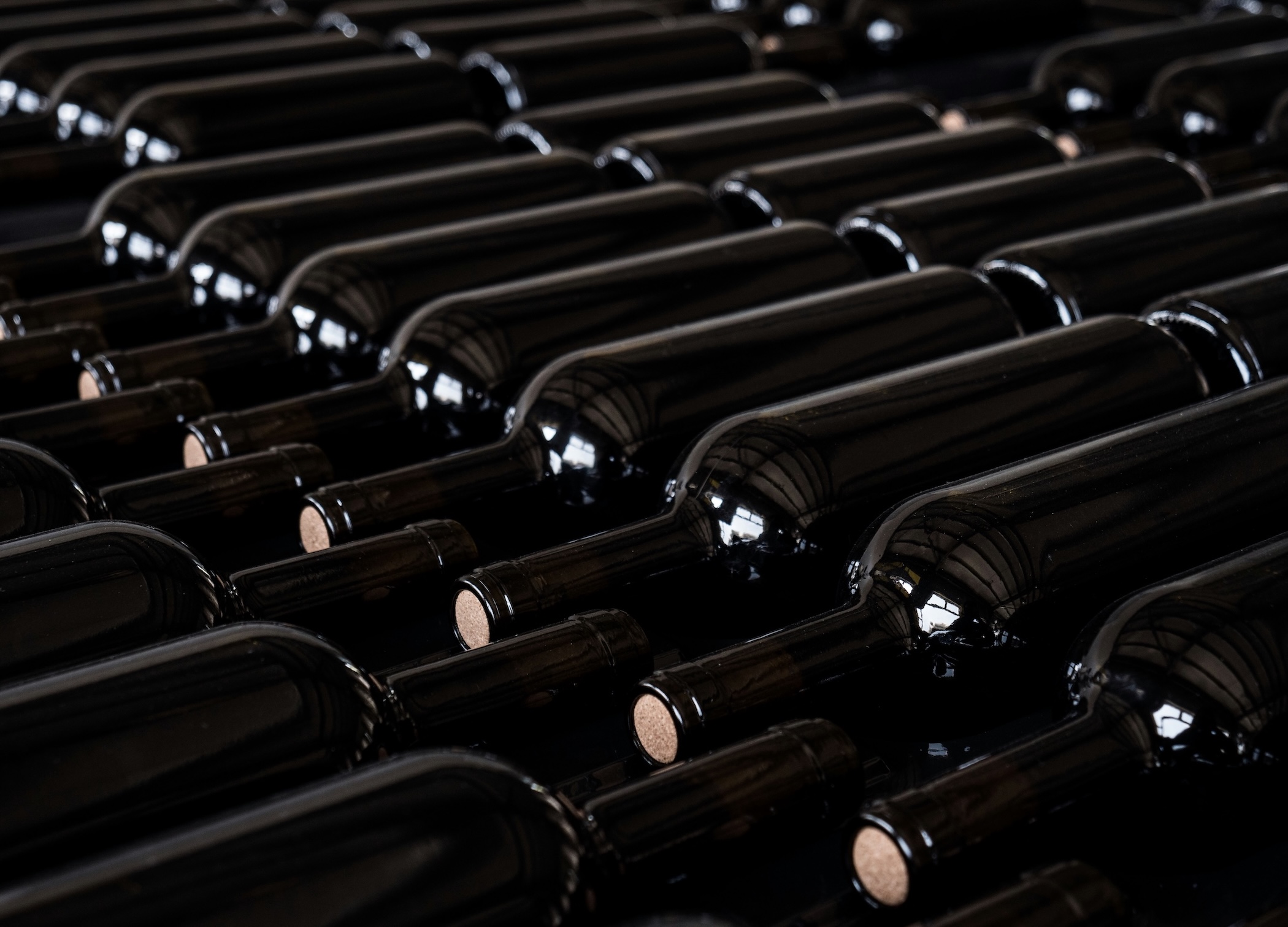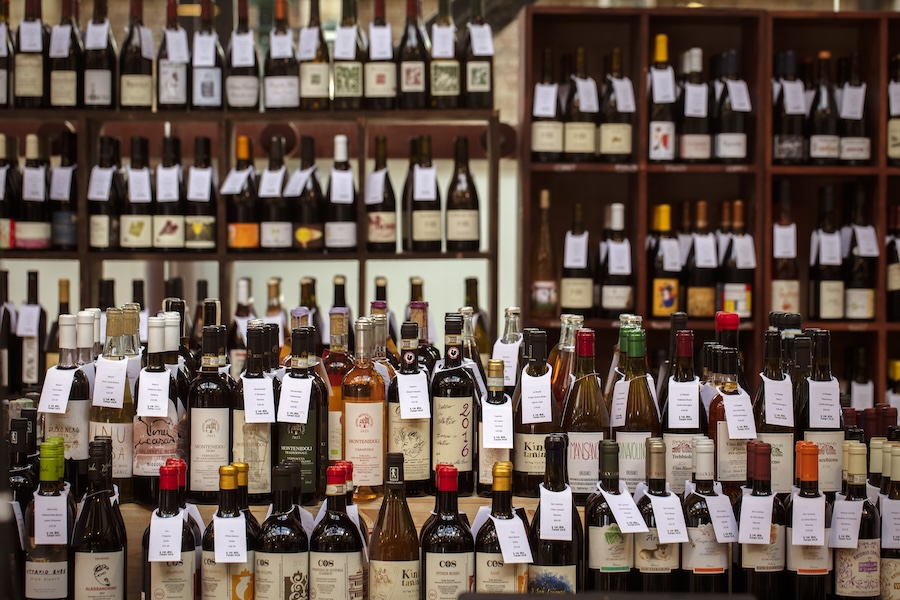Has natural wine become too political for its own good? This is not a question that keeps me awake at night wondering about its ramifications. But it is a corollary of the question “is natural wine dead”. These are all grand pseudo-rhetorical questions that may likely impel us to take the pulse of the natural wine movement.
I have observed on innumerable previous occasions that despite what many commentators would have us believe, there is no convincing defined natural wine movement as such as categorisation nullifies individuality. A movement itself suggests something tidal, powerful and inevitable, an organised group with a sense of purpose and direction. Instead, natural wine is a phenomenon within the greater world of wine, a very loose coalition (and that’s possibly too strong a word) of growers, importers, retailers, fair organisers and drinkers, who think along roughly similar lines, and sometimes even agree on certain principles, but have their own set of private opinions and agendas. I first constructed my own imperfect definition of natural wine 20+ years ago, and I still refine it daily and at different times of the day. So sue me etc!

When it boils down to it, the two words “natural and wine” can’t support a 15 bullet-pointed charter with each point containing several subsections and qualifications. If the rules for inclusion are so contentious and complex, then what is indeed the point? Natural wine was meant to liberate vignerons from traditions, the restrictions of appellation and pettifogging standards committee. The imposition of natural wine rules just so growers can go under a natural wine banner seems counter-intuitive and speaks more to the human need to put everything into neat boxes.
For me, the idea of natural wine comes down to a feeling about the wines you taste rather than the precise methods that brought them into being. For when I taste a natural wine, I feel that it is alive, full of energy (and gives me energy). I am not tasting the process, the artifice, the hand of the oenologist, rather a drink that is magically harnessed to place and time. You can’t put precise numbers to this. When you know, you know. To achieve this sense of energy in their wines, growers have to work in a particular way, but it is not the methodology alone that makes the wine taste like this.
If natural wine was just farmers and grapes and pure unvarnished wine, then politics should never come into the conversation. A drink is a drink is a drink for a’ that. The wine world is, however, endlessly fractured by the vagaries of human nature and ulterior motivations. Politics is people, and people have vanities and agendas, they seek to influence outcomes for their own ends, and they want to be in prime position to do so. Nowadays, we associate all governance as a tyranny of mean-minded pedants. We are enslaved by bureaucracy to such an extent that we ourselves think like bureaucrats.
For me, the idea of natural wine comes down to a feeling about the wines you taste rather than the precise methods that brought them into being. For when I taste a natural wine, I feel that it is alive, full of energy.
It is tempting to imagine that there was a prelapsarian era when natural wine evoked excitement, interest and no little curiosity, an age of innocence when producers were constantly experimenting, trying to make wine without the safety net. I believe that was once the case and natural wine was a community of likeminded vignerons, sharing information (and equipment), pushing positively to make wine without chemicals. Making wines that they would happily drink themselves and with their fellow growers and friends. It was not always an easy transition to go from conventional to low-intervention winemaking, but natural is learning out what works and what doesn’t and how vigilant one must be to craft great wine without additives. Nature doesn’t leap. Patience is one of the ingredients of chemical-free winemaking.
Yes, at the beginning, a sense of fun and adventure prevailed. Early wine fairs reflected this freewheeling mentality. It wasn’t long before casual groups began to organise into larger groups and formal agendas were tabulated. Natural wine manifestoes emerged with boxes that needed to be ticked, and committees ordained to command oversight and legitimise those that would be admitted into the fold as natural winemakers.

To maintain the purity of their enterprise growers had to provide documentary proof of their “natural practice.” The organisers of fairs seemed to forget about inclusiveness. I know of several cases where growers were excluded on the say-so of a powerful individual within a natural wine organisation. This badmouthing tarnishes the political side of natural wine.
Natural wine (as a phenomenon) has been fortunate in its conventional opponents who have either sneered at the winemakers, importers and gullible drinkers (thereby reinforcing the stereotype of the wine snob) or described it as a massive danger to good practice and good taste. The histrionic dislike for the mere idea that wine could be natural, rather than a rational appraisal of each wine on its merits, aroused great curiosity amongst folk in the trade as well as consumers at large who were hearing the news on the grapevine. As an idea, natural wine became part of a counter culture, a younger generation of consumers that wasn’t invested in traditional wine certainties. The critics (and there were many) lost the essential point of the narrative, which is that individuals will drink what the hell they like (whether it is fashionable or otherwise) and come to their own conclusions. I doubt very many people ever drank natural wines if they didn’t actually like the taste and the way they made them feel.
I read the other day in Raisin App that, according to their criteria for inclusion, over 3,000 producers have been identified as natural. With the profusion of restaurants, bars, cavistes, wholesalers, not to mention the hundreds of artisan wine fairs, the wines are truly embedded in our wider wine culture. You will find examples in your local pub, independent retailer and Michelin starred establishment. The term natural wine is arguably used less now, because there are certain pejorative connotations, but the wines are still the same, what they may be called.
As well as tasting the wines themselves and visiting the vineyards, I still derive pleasure from discussing the subject of natural wine, talking about how certain wines move us and speculating why they move us, and why we seem to find it difficult to stomach conventional wines. I say we because most wine drinkers in my limited circle of acquaintances have been fully converted to natural wines. (And not because I fixed them with my “glittering eye”.) When we analyse our sense of taste, we learn something about ourselves in the process. Which brings us back to the recognition of a group of wines as tasting more natural (than others) and the pleasure that brings us.


